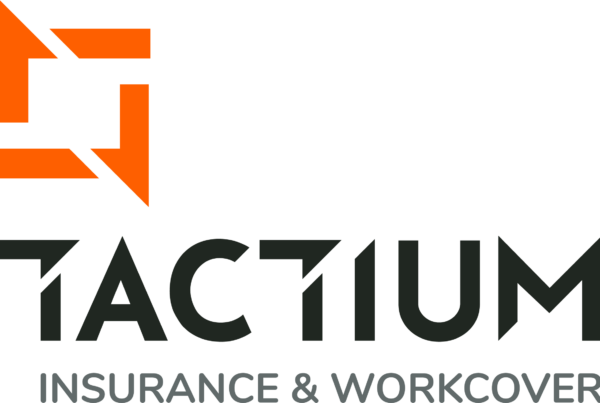Today I attended a forum titled “Does injury compensation cause harm?” hosted by the Institute for Safety, Compensation and Recovery Research (ISCRR).
An attention catching title and a little controversial too. Good to see some disruption in the workers comp industry.
ISCRR is a joint initiative of WorkSafe, TAC and Monash University.
Their stated mission is “to collaboratively develop, execute and translate the highest quality research which helps the TAC and WorkSafe optimise their outcomes and those of their clients.”
ISCRR has access to a wide range of scheme data and their task is to interpret this data, review international research, conduct studies of their own and identify areas for future research. It’s exciting stuff.
One thing I’m not entirely sure of is how, or if, this research will manifest as scheme changes. Will ISCRR ultimately make specific recommendations to the Victorian Government or will that be left to the policy makers?
I was only able to attend the afternoon session due to some prior commitments but keeping an eye on the hashtag #compforum ensured I was primed to get the most out of the afternoon session.
The fact that ISCRR and its CEO have an active social media presence is a reassuring sign that this organisation is able to move with the times.
I won’t go into immense detail on the content covered today but I’ll summarise my key learnings.
Spoiler Alert
To answer the question of the day: Yes, injury compensation can cause harm. But it doesn’t alwayscause harm.
Access to Information
This was a recurring theme. The research suggested to me that compensation schemes are complicated and frustrating.
Injured workers feel like it is up to them to try and find out what they are entitled to under a claim and what to do next.
Through the Occupational Physiotherapy model it appears that treating practitioners can also benefit from greater access to information.
Lawyer Involvement = Poor Outcome
Sorry, lawyers. I didn’t do the research.
But it came up a number of times that the involvement of a lawyer was closely related to poorer health outcomes and lower perceived fairness of compensation schemes.
This might be a chicken and egg scenario, so put your pitchforks away.
It might be that people who are worn down by the compensation scheme are compelled to seek legal counsel.
However there were some interesting comments recorded in survey answers. Some injured workers felt their lawyer dragged things out and in hindsight they would have preferred to manage their claim by themselves.
Early Intervention Interactions
Compensation claims are inherently stressful.
The tone of an injured worker’s compensation claim is set by the interactions that occur early on in the process. And it’s the employer and the case manager on the frontline of these interactions.
Many injured workers lack information, advice and transparency in the compensation claim process.
So What are the Solutions?
I shouldn’t be disappointed that at the end of the session no-one announced “So here’s the solution!”
It may be a bit early to know exactly how, when or if we are going to see scheme changes.
ISCRR presented a few suggestions that made a lot of sense.
Dr Jason Thompson illustrated that compensation claims can become exponentially more complex as the number of complicating injury-related and psycho-social issues increases. Removing just 3 of these of these issues can reduce 36 complicating relationships. Unfortunately I can’t fully explain explain the logic behind this assertion in this blog post. So you’ll just have to trust me that Jason knows what he’s talking about.
Dr Nieke Elbers proposed that we can improve injured workers’ perceived fairness by:
- Improving claims management and access to information
- improving the medical examination process by:
- introducing a panel of examiners rather than one individual examiner;
- providing more information before & after examinations;
- and using an independent broker to coordinate and oversee the medical examination process
Takeaway # 1: Information
Injured workers need more access to information.
Employers need more access to information.
Takeaway # 2: The Quality of Our Interactions
With an increased understanding of how the system works, employers must let go of the frustration and the judgement that can sometimes be attached to a “claimant” (I hate that word).
Injured worker. Manager. Doctor. Case manager. We’re all PEOPLE. Let’s get on with life.
Workplace culture as a preventative measure will trump any injury management strategy.
Lastly…
What I Really Like About Researchers
A good researcher is unbiased.
Workers compensation can be intensely emotional.
Of course it is.
For an injured worker, their livelihood is on the line.
For the owner of a family business at risk of closing down due to a skyrocketing workcover premium…. their livelihood is also on the line.
Quite often I feel the stakeholders in and around the workcover scheme are pressured to choose their camps.
Do you support better entitlements for workers or lower premiums for industry? It often feels like you can only pick one.
A researcher looks at the data.
With continuing research and community consultation I see a great opportunity for ISCRR to bring injured worker groups and industry groups together and find some common ground.
We should all be putting our heads together to ask “What does the data say?”




